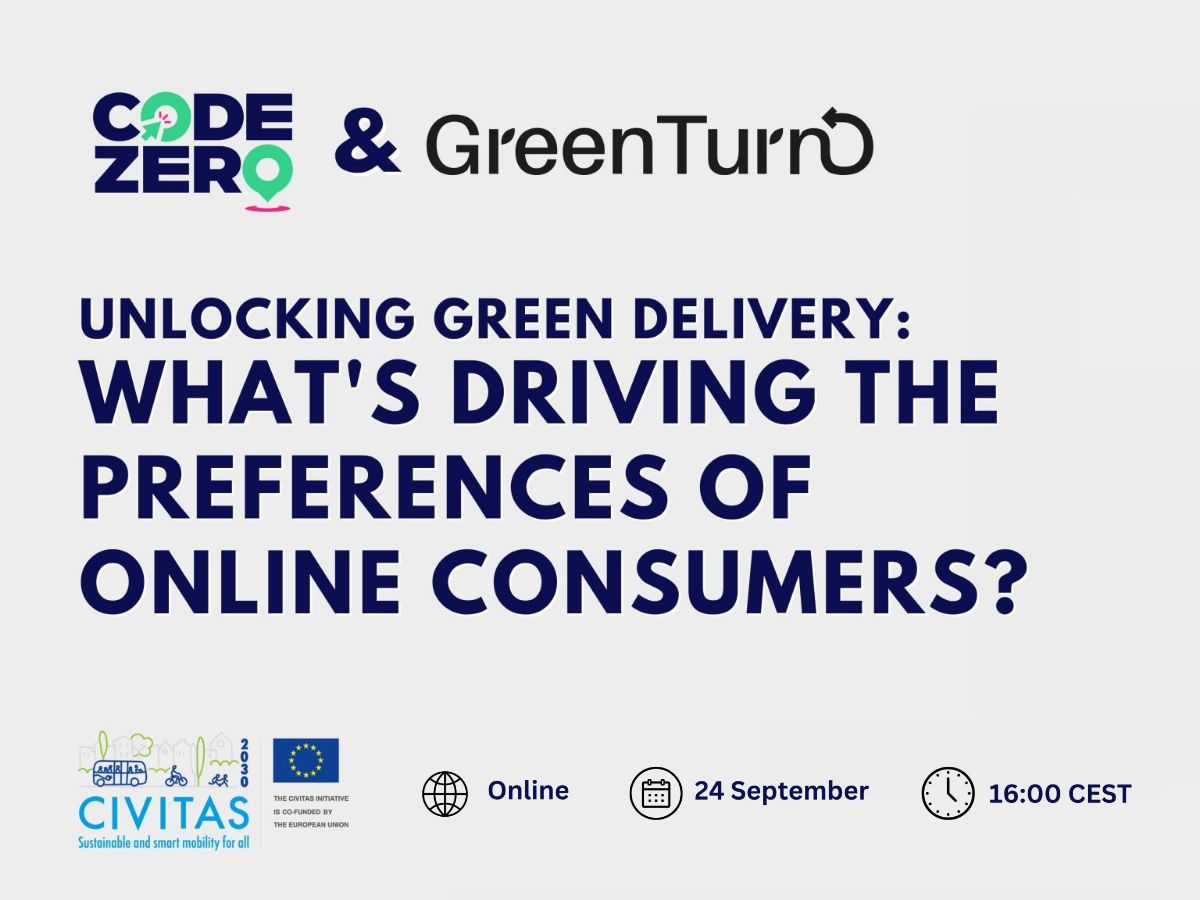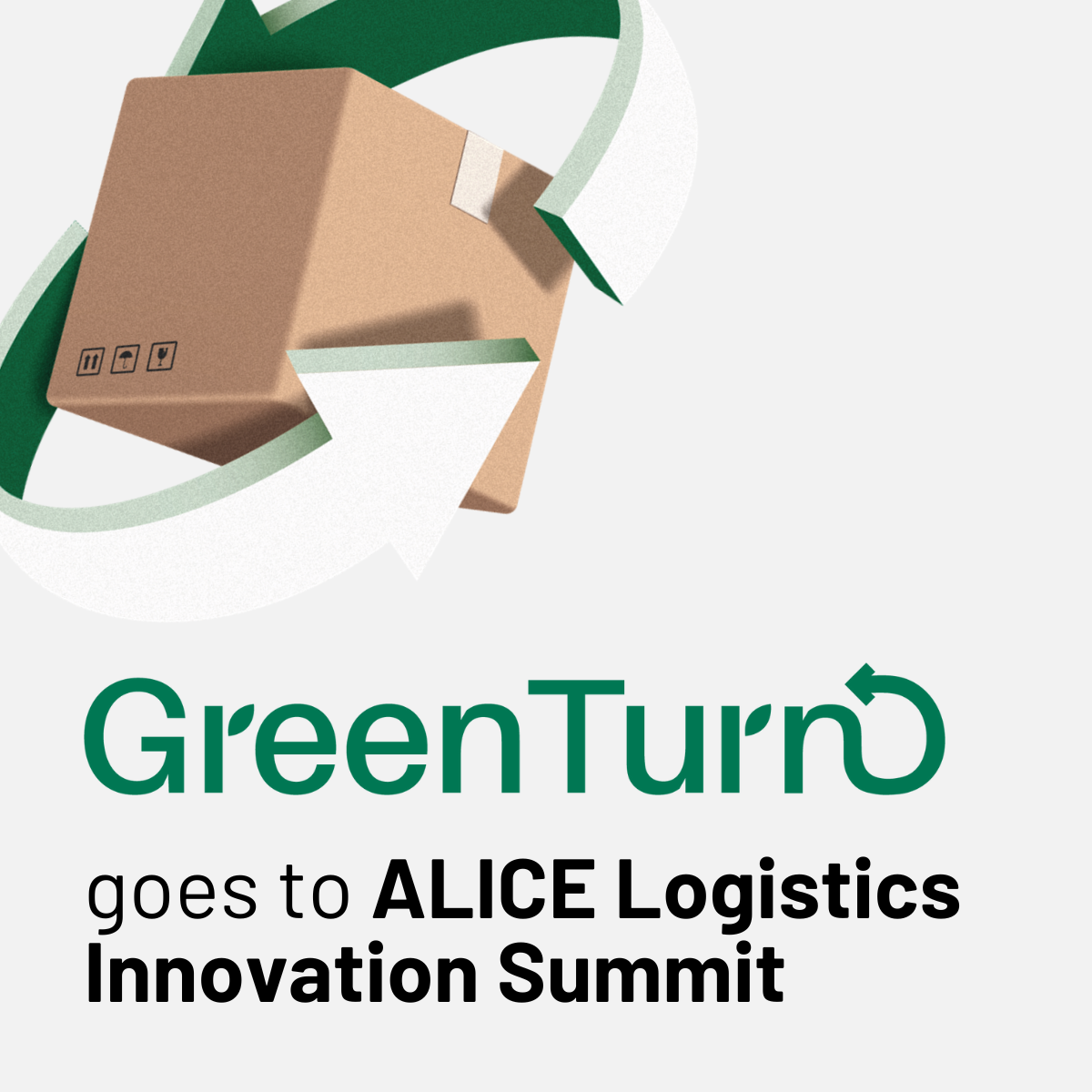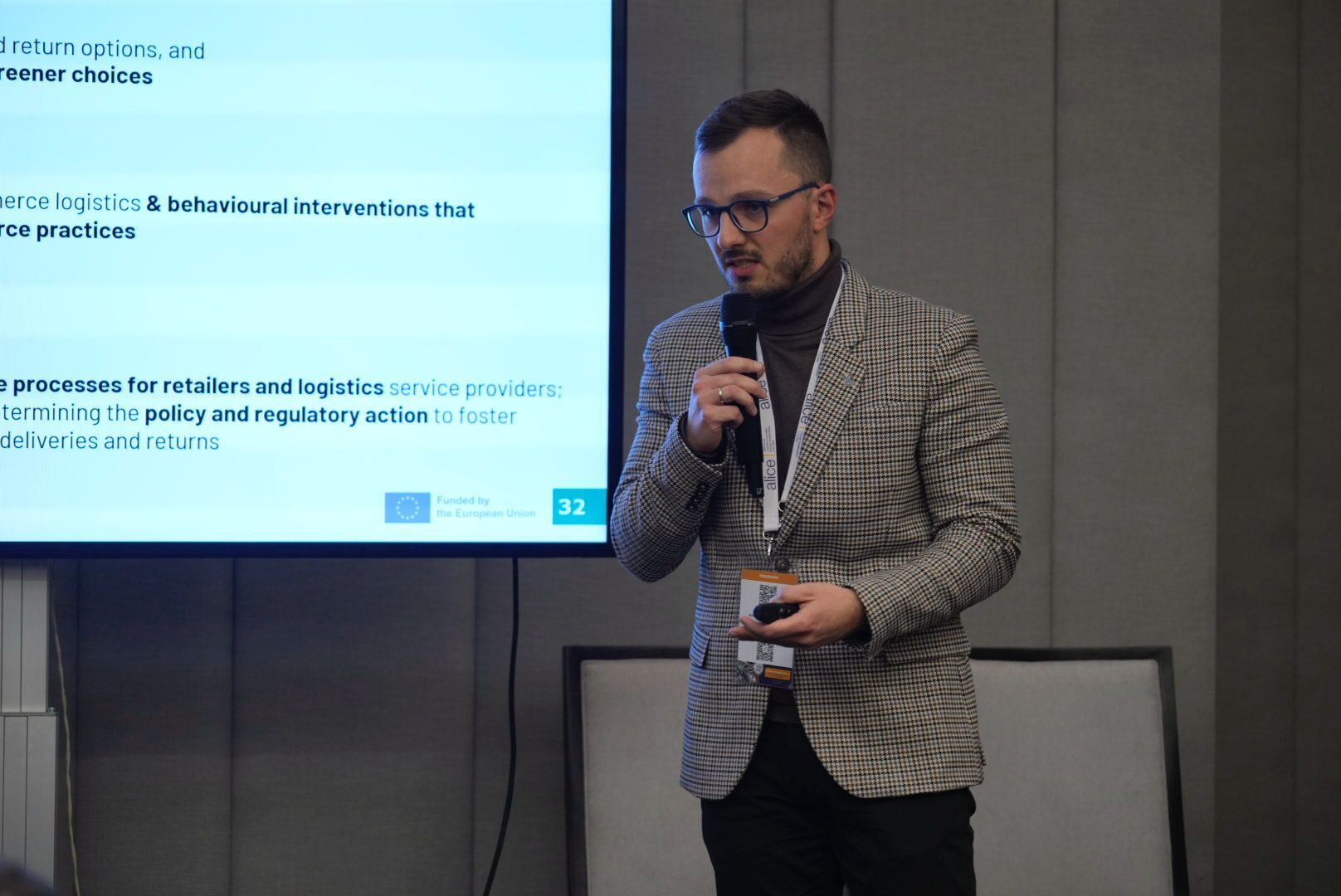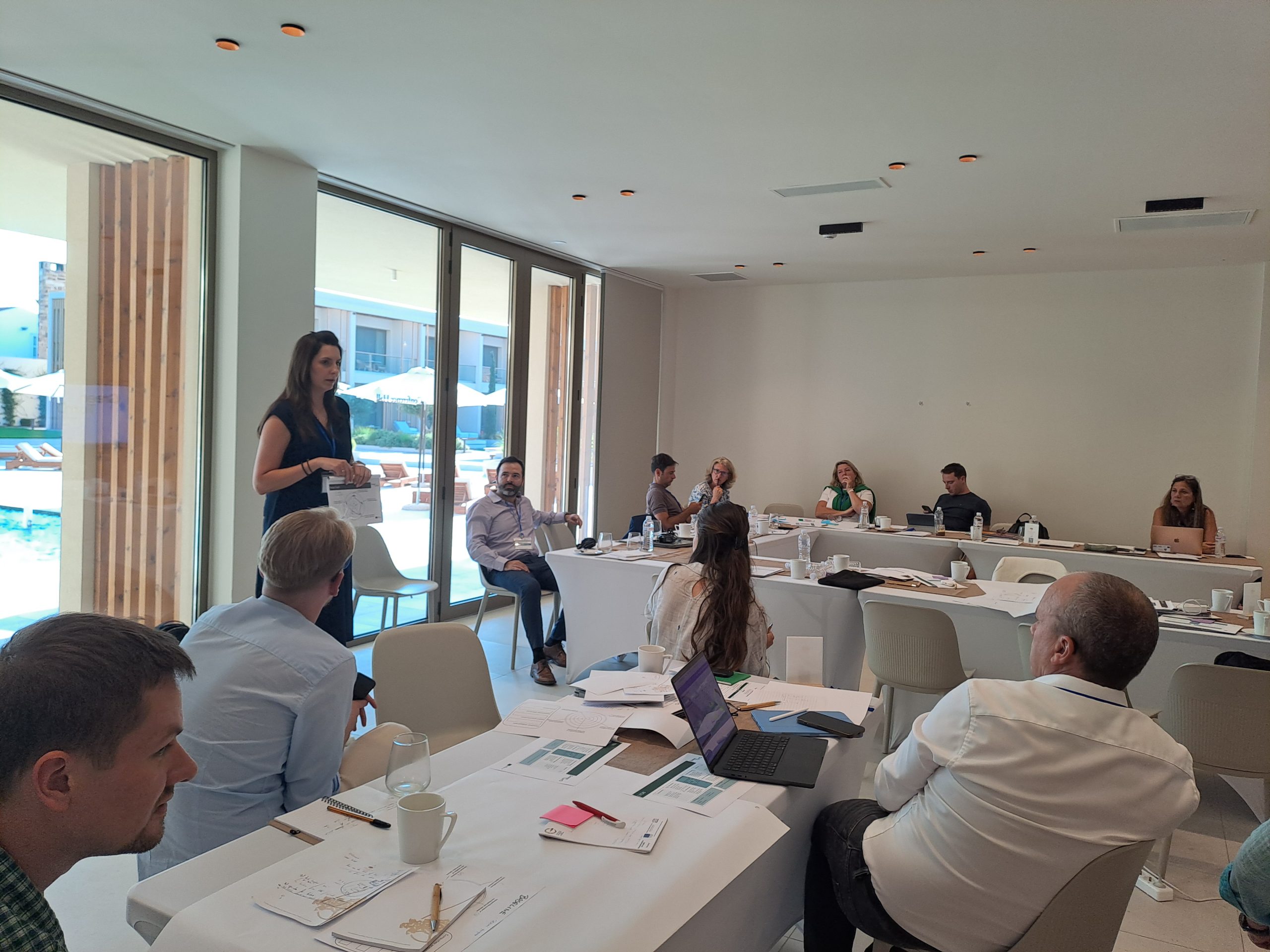
The GreenTurn project is committed to transforming e-commerce logistics towards a more sustainable, efficient, and low-emission future. As part of this journey, the project has developed a comprehensive stakeholder mapping to better understand the roles, interactions, and sustainability challenges of various actors in the supply chain – a report has been prepared to document the findings.
The analysis categorizes key players, reveals their interactions and challenges and offers insights to advance zero-emission, efficient supply chains. In Deliverable D2.1, this comprehensive mapping is presented to lay the groundwork for innovative strategies in sustainable e-commerce logistics.
🔹 Who are the key stakeholders?
Direct stakeholders such as logistics service providers, retailers, manufacturers, wholesalers are the backbone of the e-commerce supply chain, ensuring that products reach consumers efficiently while striving to reduce environmental impacts.
Indirect stakeholders (regulatory bodies, technology providers, financial institutions) enable e-commerce activities, their role is critical in overcoming challenges related to cost pressures, regulatory compliance, and the integration of green technologies.
The advocacy of Interest groups, especially- NGOs, local authorities, trade associations help to raise awareness, foster transparency, and build the social and political momentum necessary for the transition to low-emission logistics models.
🔹 How do they interact?
GreenTurn explored interdependencies of direct stakeholders, examined their touchpoints with consumers, and analyzed how logistics models shape sustainability outcomes. The findings reveal that clear communication and coordinated strategies among all actors are essential to drive sustainable innovation in e-commerce logistics.
🔹 What challenges do they face?
Stakeholders operate under different priorities—economic pressure, regulatory compliance, and sustainability targets—which often create conflicting interests but also opportunities for collaboration. Consequently, they must continuously balance cost efficiency with environmental responsibility, driving the development of innovative strategies that reconcile these challenges.
🔹 How does this research contribute to GreenTurn’s mission?
By mapping these stakeholders, GreenTurn can design tailored interventions that foster collaboration, policy recommendations, and scalable zero-emission logistics models. Aditionally, this research provides actionable insights that drive targeted innovation and strengthen strategic partnerships, directly accelerating the transition to sustainable e-commerce logistics.
The insights of the stakeholder mapping will support future research and pilot activities and ensure that e-commerce logistics continue to develop into a climate-friendly and consumer-oriented ecosystem. Planned activities include pilot projects in Poland, France, Greece, Austria and Spain that demonstrate innovative approaches to e-commerce logistics, such as green delivery models (e.g. cargo bikes, EV fleets), sustainable return processes and the integration with urban mobility plans.
Other events

17 February
Webinar │Customer Journeys and Behavioural Modelling
online

24 September
Webinar: Unlocking Green Delivery: What’s Driving the Preferences of Online Consumers?
Online

6 November
ALICE Logistics Innovation Summit
Tangla Hotel (Brussels)


